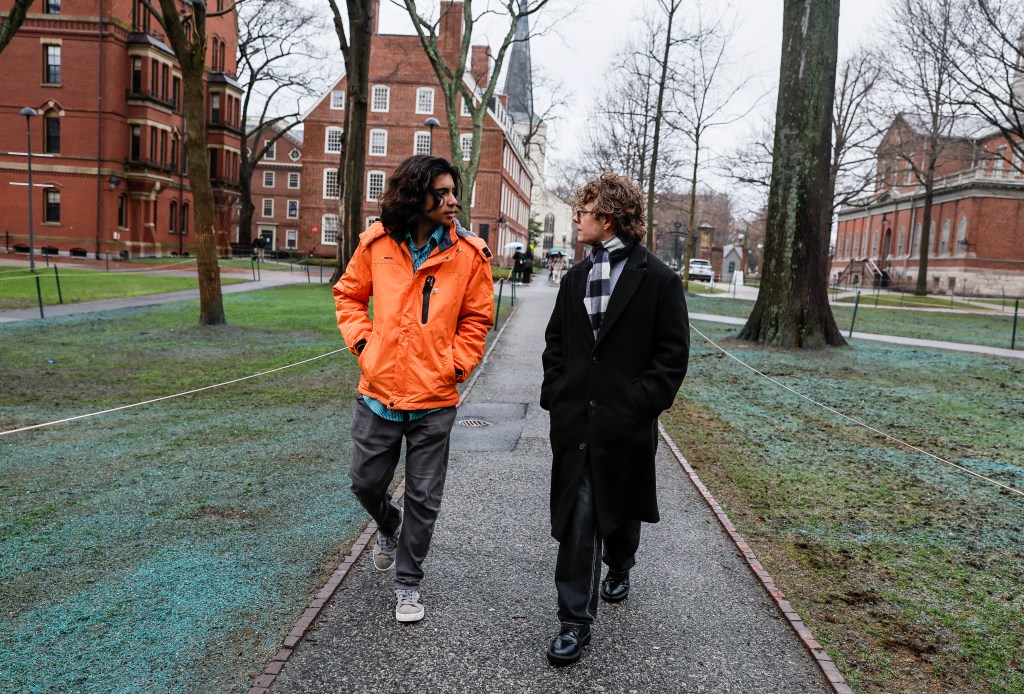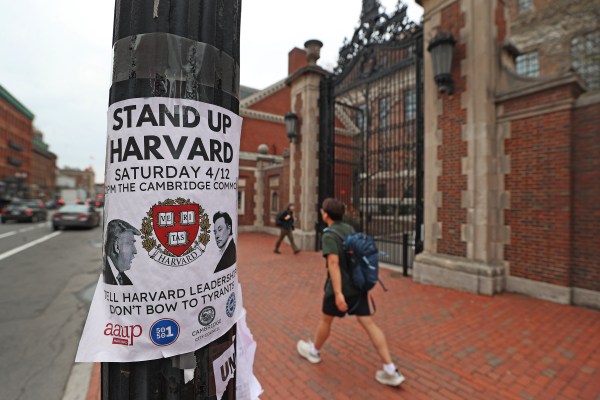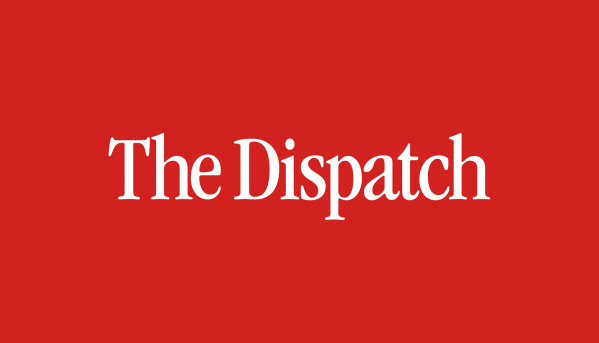On May 22, the Department of Homeland Security (DHS) took the unprecedented step of rescinding Harvard University’s authorization to enroll international students. The move bars Harvard from enrolling any new foreign students and even forces current international students to transfer to other institutions in order to maintain their visa status or leave the U.S. altogether.
Trump administration officials cast the decision as a necessary security measure, but Harvard blasted it as “unlawful” and retaliatory, warning it would cause serious harm to the university community and threaten the nation’s higher education system. This action dramatically escalates a running conflict between the Trump administration and elite universities, coming on the heels of funding cuts and visa crackdowns aimed at campuses seen as resisting or defying the administration’s policies.
A federal judge temporarily blocked the order on May 23, but the case carries significant ramifications for campus culture wars, academic freedom, executive power, and America’s ability to attract global talent.
What led to the Harvard-Trump administration clash?
The path to the administration’s moves against Harvard’s international students began months before the May 22 bombshell. Following President Trump’s January executive order on measures to combat antisemitism on college campuses, federal agencies launched coordinated investigations into more than 50 universities, with Harvard facing particular scrutiny over its handling of campus protests related to Israel’s war in Gaza.
The breaking point came in April when the administration presented Harvard with a detailed list of demands: eliminate diversity programs, implement “viewpoint diversity” audits, reform governance structures, and accept federal oversight of curriculum and hiring decisions. When Harvard President Alan Garber rejected these demands on April 14, the administration immediately froze $2.2 billion in federal research grants and froze an additional $450 million earlier this month—roughly one-third of Harvard’s federal funding.
DHS Secretary Kristi Noem sent Harvard a warning letter on April 16 threatening to revoke its Student and Exchange Visitor Program (SEVP) certification, which allows it and other schools to enroll international students, unless the university provided extensive records on the students’ political activities within 30 days. The letter demanded a comprehensive assessment of whether each student visa holder at Harvard had at any point engaged in dangerous, illegal, or violent activity, along with complete disciplinary records.
When Harvard refused to comply with what it viewed as overreaching and politically motivated demands, DHS made good on its threat. The May 22 revocation letter cited Harvard’s alleged creation of an “unsafe campus environment” and failure to protect Jewish students from harassment, though it identified no specific violations of SEVP regulations governing international student programs. The press release also cited instances where Harvard institutionally collaborated with the Chinese Communist Party in ways that adversely affected national security.
What does SEVP revocation mean for Harvard’s international students?
The 6,793 international students enrolled in Harvard for 2024-25, who represent just over a quarter of the student body, would feel an immediate impact if the courts uphold the revocation. Without SEVP certification, Harvard cannot issue the I-20 forms required for F-1 student visas or the DS-2019 forms for J-1 exchange visitors. Current students would need to transfer to another SEVP-certified school, switch to a different visa, or leave the United States. While the revocation has been justified primarily as a consequence for Harvard’s negligent handling of anti-Israel protests on campus, the sweeping nature of the order means that at least 80 Israeli students at Harvard would potentially lose their visas and be subject to deportation if these changes come to pass.
However, Judge Allison Burroughs’ temporary restraining order has blocked all enforcement of the revocation, meaning Harvard can continue enrolling and supporting international students while the legal challenge proceeds. The next critical date is May 29, when the court will hold a preliminary injunction hearing to determine whether the block remains in place during litigation.
The effects extend beyond potential academic disruption. Students report canceling travel plans, losing internship opportunities, and experiencing severe anxiety about their future ability to stay in the country. The timing of the order is also particularly challenging, as most deadlines for transferring to a different university passed in March, leaving few options for students if the revocation takes effect.
The move also threatens hundreds of recent Harvard graduates on Optional Practical Training (OPT), a program that allows international students to work in the U.S. for varying lengths of time depending on their level of education and field of study (STEM OPT grants a two-year extension to standard OPT). According to an estimate by Cecilia Esterline at the Niskanen Center, roughly 2,000 recent Harvard graduates would lose their legal work status under this order, potentially ending their careers at American companies and research institutions for good.
What are the broader implications for American universities and competitiveness?
No major research university has ever lost its ability to enroll international students, for political or any other reasons, and if established, the precedent suggests any future administration could hold international programs hostage to compel compliance with ideological demands.
DHS Secretary Noem explicitly framed Harvard as a warning to others, telling Fox News: “This should be a warning to every other university to get your act together.” She confirmed the administration is “absolutely” considering similar moves at Columbia, Princeton, and other prestigious institutions that have resisted federal pressure.
The economic implications are substantial. International students contribute $43.8 billion annually to the U.S. economy and support 378,000 jobs, according to NAFSA, an association of international educators. And because international students typically pay full tuition, they are crucial to the financial health at many universities, particularly private institutions. At Harvard alone, international students pay roughly $400 million in tuition annually while driving innovation in critical research areas.
Other nations are already capitalizing on the uncertainty created by this order. Within hours of the Harvard announcement, a university in Hong Kong announced unconditional acceptance offers for affected Harvard students, and Chinese state media has begun spinning propaganda, casting the move as indicative of America’s broader decline in global prestige.
A chilling effect on international student enrollment would harm American innovation in critical fields as roughly 56 percent of international students pursue STEM degrees. International scholars have won 40 percent of American Nobel Prizes in science since 2000. Major tech companies rely on foreign-born talent, and international students have had a hand in founding major companies like Stripe, SpaceX, and SanDisk.
What happens next?
For now, Judge Burroughs’ restraining order protects Harvard’s international students through at least the May 29 hearing, when she will decide whether to grant the preliminary injunction and allow Harvard to continue enrolling international students.
Harvard’s case challenges the SEVP revocation on three grounds: First Amendment retaliation for protected speech, denial of due process, and violation of the Administrative Procedure Act. The university argues DHS bypassed all normal procedures, which require 30-day notice, opportunity to respond, and formal appeals processes.
The May 29 preliminary injunction hearing will be pivotal. To succeed, Harvard must make convincing arguments pertaining to considerations such as likelihood of success on the merits, irreparable harm without an injunction, balance of equities in its favor, and public interest supporting relief. Legal experts say Harvard has strong arguments in all four areas.
If Harvard wins a preliminary injunction, the case would proceed to trial on the merits with likely appeals to the 1st Circuit and potentially the Supreme Court, barring a settlement between Harvard and the Trump administration.
The administration has limited options if an injunction is granted. It could appeal immediately, attempt to identify legitimate SEVP violations to justify revocation through proper procedures, or escalate pressure through other mechanisms like making moves to end Harvard’s tax-exempt status or implementing additional funding freezes. Each path could trigger additional legal challenges.
The Harvard case represents the first test of whether SEVP certification can be used as leverage over university policies unrelated to immigration compliance. The precedent could carry impacts well beyond higher education—if administrative agencies can revoke operating licenses to compel ideological conformity, similar tactics could extend to hospitals, research facilities, or any institution dependent on federal certification.










Please note that we at The Dispatch hold ourselves, our work, and our commenters to a higher standard than other places on the internet. We welcome comments that foster genuine debate or discussion—including comments critical of us or our work—but responses that include ad hominem attacks on fellow Dispatch members or are intended to stoke fear and anger may be moderated.
With your membership, you only have the ability to comment on The Morning Dispatch articles. Consider upgrading to join the conversation everywhere.